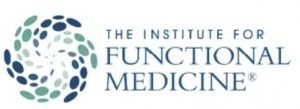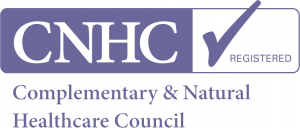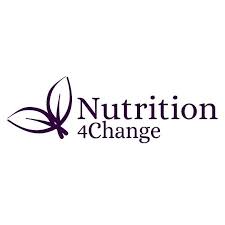PCOS support and help

PCOS – How I can help you
PCOS is a condition that affects 1 in 10 women. This is partly due to its genetic link and our current ‘westernised’ lifestyle, which promotes insulin resistance – the most common form of PCOS.
The fact that it is so common, has resulted in a wealth of ongoing research, knowledge, help, guidance and support using nutrition based protocols, lifestyle adjustments and supplements.
There are different drivers or types of PCOS and although there may be some overlap, it is important to seek help of a qualified nutritionist, such as myself, to identify your type of PCOS and apply the correct diet, lifestyle, supplement recommendations to improve your symptoms.
What is PCOS?
PCOS is quite a common condition affecting around 10% of women. It is a whole body, hormonal condition that can last a lifetime.
There are a variety of symptoms related to a lack of ovulation which results in a high level of androgens (generally thought of as male hormones), which include testosterone, androstenedione and DHEA-S.
Common symptoms include:
- irregular periods (especially too late, or too many days of bleeding)
- Excess facial and body hair
- Acne
- Hair loss
- Weight gain
- Infertility
- Long term risk of diabetes and heart disease

How is PCOS diagnosed?
Diagnosis of PCOS is not straightforward and many clients contact me because they have been told by a medical practitioner that they may have PCOS following an ultrasound, and have been offered hormonal birth control.
Often, clients are seeking more clarity and understanding to alternative, natural, approaches to their PCOS. It can be overwhelming though, with all of the information available on the internet.
The fact is that PCOS cannot be diagnosed through an ultrasound and according to The Androgen Excess and PCOS society, you must have all 3 of the following to be diagnosed with PCOS:
- Irregular periods, or polycystic ovaries on ultrasound
- High androgens on a blood or urine test or symptoms of high androens, e.g excess facial hair
- Other reasons for high androgens being ruled out, e.g hypothyroidism or high prolactin
Susceptibility to PCOS
It’s worth noting that you can be born with genes that put you at risk of developing PCOS. For example:
- Genes that make your ovaries overproduce androgens
- Genes that influence how likely you are to develop insulin resistance
- Genes that determine how your hypothalamus functions (which is a part of your brain that links your nervous system to your hormone system) and communicates with your ovaries
Exposure to endocrine disrupting chemicals (EDC’s)
Early exposure to EDC’s (think pesticides, phthalates, BPA) can alter how your hypothalamus communicates with your ovaries or how sensitive you are to insulin, and can make you more susceptible to PCOS.
“I had contacted Angela in the midst of trying to find a solution for my PCOS symptoms that had heightened during the first lockdown, and after having done a lot of research myself, I was overburdened with information. I found myself throwing everything at the problem but not seeing any results. Angela focused on the root issues and was able to fine tune my diet and lifestyle in order for me to see changes. It’s been three months now and I can honestly say I’m so much happier and energetic than I have been in a long time!”
“Angela took a holistic approach to my PCOS hormonal imbalances, working diagnostically with blood test results together with nutrition and supplement advice which was dramatically different from anything I had followed before. I achieved most of my health goals after 3 months of working with Angela (weight loss will always be an ongoing!) and I now feel equipped with the knowledge to manage my PCOS going forward. Angela’s approach is scientific but also equally important realistic in terms of how many changes are possible at each session for busy, professional women!”
“I saw Angela after my GP said I was facing a likely diagnosis of premature ovarian insufficiency (POI), given my blood test results and symptoms and I wanted to see if there was an alternative way of addressing the issue. Angela’s approach was sensitive and caring and the plan was intelligently and individually thought through. By changing my diet, sleep habits and reducing stress my last blood test result was normal and I am over the moon!”
Consultations either Face to Face in Chorleywood, Hertfordshire, England or online via Zoom covering the UK
Social



Nutrition 4 change is based in Chorleywood, Hertfordshire, England
Website built and hosted by Able Web Design
